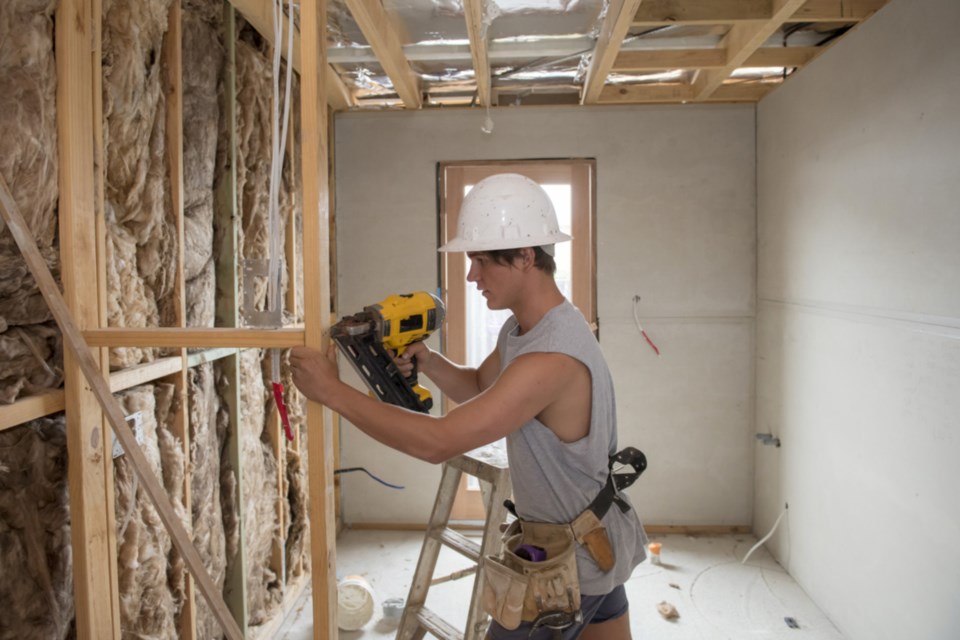The Yonge North subway extension is set to drive up charges on developers building homes throughout the York Region.
York regional council approved in principle today a fee structure that will see development charges per single or semi-detached dwellings increase by approximately $5,800 in every municipality. This will go toward the region’s $1.12 billion contribution to the subway extension, paying for 75 per cent of it over at least the next decade.
The region also considered options for different rates based on proximity to the subway. But Newmarket Deputy Mayor Tom Vegh said the project ultimately aids all York residents.
“The subway is going to be used by everyone in York Region,” he said. “The success of York Region is because we have a common vision, and we’re all in this together."
The region is working out ways to fund its contribution to the $5.6 billion project, also paid for by the provincial and federal governments. The remaining 25 per cent of its contribution comes from a tax levy increase over the next 10 years.
Other options under consideration include charging $7,000 for rapid-transit municipalities and $1,000 for those that lack it. Another was to have higher charges for major transit station areas by the subway extension, charging $12,000 for homes built in those places versus $5,000 for everywhere else.
Councillors questioned whether the choices were impacting housing affordability.
“We as a council declared an affordability crisis in the region,” Richmond Hill Regional Councillor Carmine Perrelli said. “How is that reflected in this presentation?”
“Ultimately, all of these fees get passed on to the home purchaser,” Whitchurch-Stouffville Mayor lain Lovatt said, adding there is also uncertainty in how much the province will charge developers building in the transit areas.
Acting commissioner of finance Kelly Strueby said the $5,800 charge is only about 0.4 per cent of the average cost of a new home.
Newmarket Mayor John Taylor disagreed that the cost gets passed down to buyer and said prices are whatever the market will bear at the moment of sale.
He said he sees merit in a uniform rate but also sees it in charging more in the transit areas near the subway.
“I always thought the idea was that often, through this kind of intensification, we could capture the cost of the subway, or a portion of the subway, specifically by those benefiting from it,” Taylor said. “The people who own land in this area will see a dramatic increase in the value of their land.”
The regional municipality will undertake a public process before implementing its new development charges bylaw. The bylaw will be tabled at the March 3 committee of the whole meeting before returning to council for final approval May 26.



